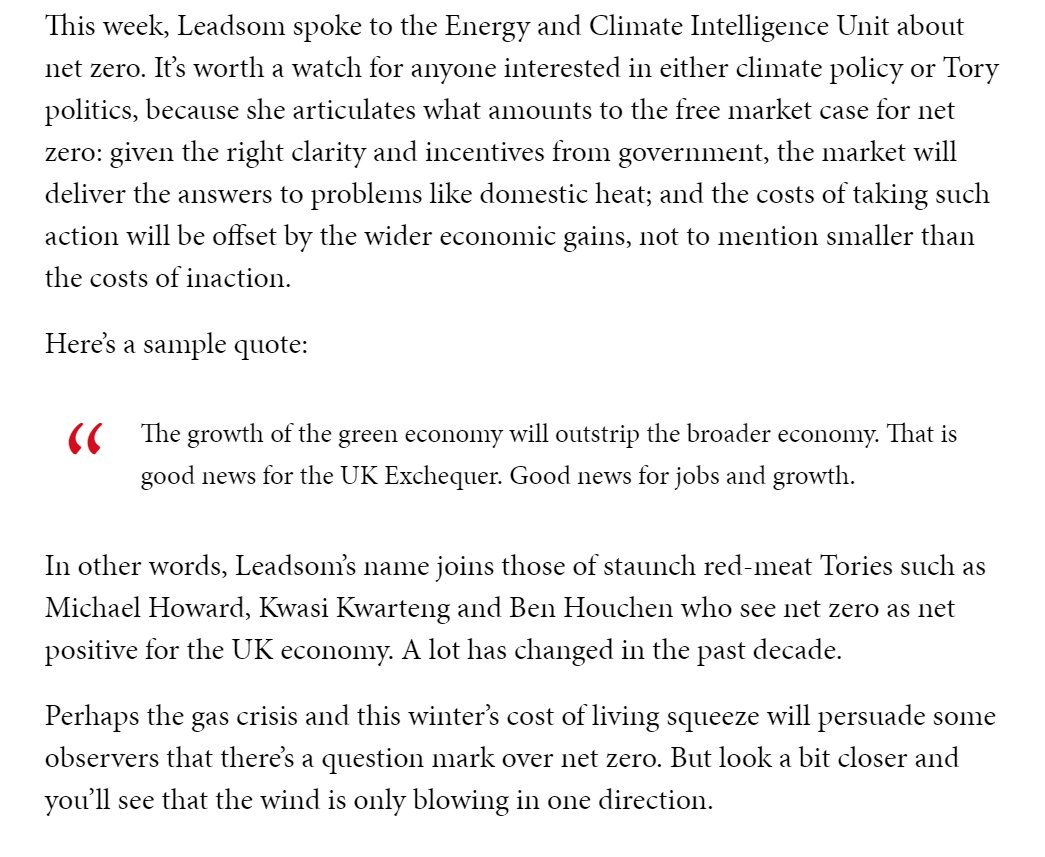
No, it's not Brexit. And no, it's not because there aren't enough wind turbines.
They are both simple questions of logistics, the experts with solutions to which are (or were) in great abundance in this country, but which Westminster would sooner spit on than take advice from.
They are both simple questions of logistics, the experts with solutions to which are (or were) in great abundance in this country, but which Westminster would sooner spit on than take advice from.
MPs would rather hear from teenage truants who did not graduate from primary education than they would hear from the septuagenarians and octogenarians that designed, built and managed the Grid and its generators about what they did, why and how, and how essential it is.
They would rather hear from -- and appoint -- actual anarchists who stood against road building than hear from people who can explain the importance of mobility to basic human welfare, and for meaningful human life.
They would rather take advice from degenerate upper class morons about how society must be urgently and completely reorganised than they would ask the voter for consent for their agenda.
That is why some shelves are empty, some forecourts are short of petrol, and domestic energy prices are spiralling out of control.
We urgently need fewer Grands Projets and much more pragmatic, practical, democratic policymaking from much more sober, humble and grounded MPs.
We urgently need fewer Grands Projets and much more pragmatic, practical, democratic policymaking from much more sober, humble and grounded MPs.
MPs may dream about Grands Projets when they get the basics right.
But they are the obstacles to affordable, abundant and reliable energy, the security of supply to shops and the management of civil infrastructure.
That is not a CV which proves competence to deliver #NetZero.
But they are the obstacles to affordable, abundant and reliable energy, the security of supply to shops and the management of civil infrastructure.
That is not a CV which proves competence to deliver #NetZero.
And the same can be said for the Civil Service, "civil society" and a great part of academia.
They have proven themselves unequal to the tasks they claim only they can deliver.
They have proven themselves unequal to the tasks they claim only they can deliver.
If these problems are not addressed in short order, then there is a risk that we will loose the expertise and skills of the generations that were capable of building infrastructure.
We need those people much more than we need the armies of policy wonks and academics.
We need those people much more than we need the armies of policy wonks and academics.
We *clearly* need people who can do things, build things and run things. We need delivery drivers and O&G engineers.
We do not need sustainability consultants, NetZero wonks, and pointless green "research" organisations.
We do not need sustainability consultants, NetZero wonks, and pointless green "research" organisations.
It could ALL be done by people without a humanities doctorate between them.
• • •
Missing some Tweet in this thread? You can try to
force a refresh





